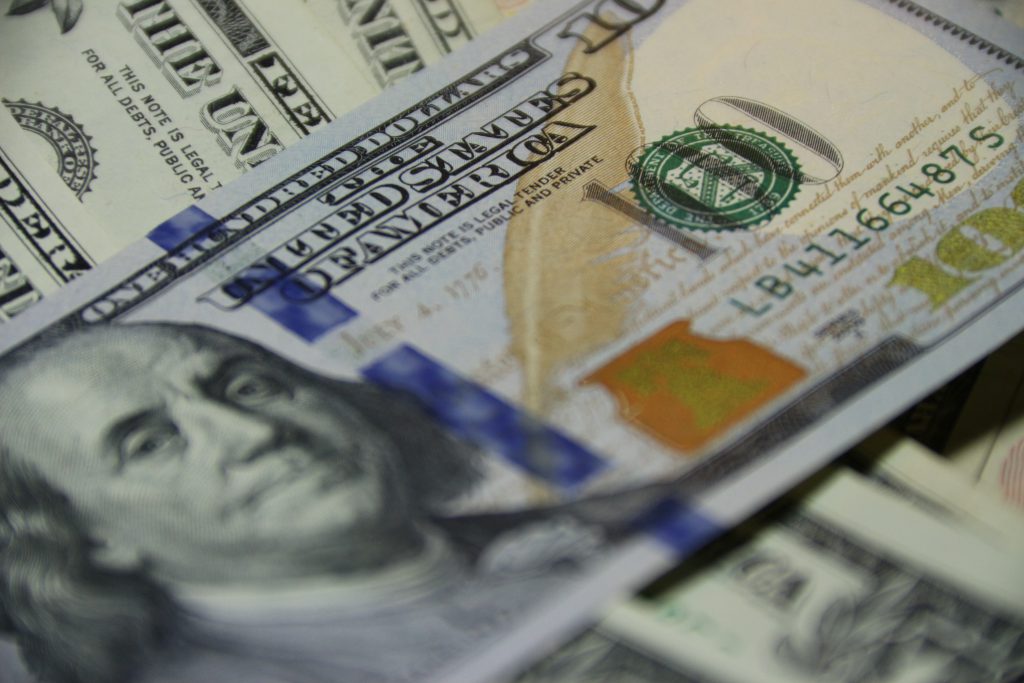
Published October 19, 2020
Most recessions occur either because of a lack of consumer demand due to the business cycle or a shock to the financial system. Lack of consumer demand is normally combated through injections of money into the economy, largely through programs such as unemployment benefits that give hard-hit people public money to replace the private money they have lost. A shock to the financial system is often combated with direct injections of public money to financial institutions to ensure they remain stable and active. Recessions such as the Great Recession of 2008 can involve both causes and require both sets of solutions, as the Obama administration and the Federal Reserve did to combat the downturn.
This recession is different because the cause of the problem is due neither to the business cycle nor to an unexpected exogenous shock to the financial system. The pandemic instead caused an induced coma throughout the developed world, and much of the developing world, as governments imposed mandatory lockdowns or social distancing measures to combat the novel coronavirus’s spread. That artificially suppressed consumer demand and shocked the financial system, but in a predictable manner that policymakers could foresee. That was why the initial pandemic relief measures doled out cash to many households in the form of the $1,200 per person rebates, loans to businesses and more accessible cash for financial institutions. These measures cushioned the blow from the initial repression of normal economic activity, and provided the necessary money for it to resume quickly once the lockdowns were removed.
Click here to read the rest of this piece at the Washington Post’s website.
Henry Olsen is a senior fellow at the Ethics and Public Policy Center.





